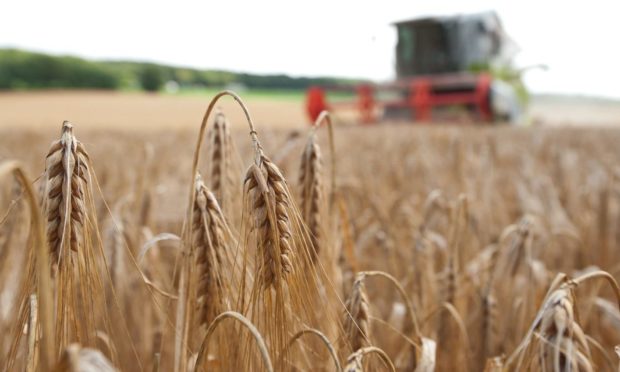Scottish scientists claim a new genomic approach is needed to protect plant breeders’ rights and improve farmers’ knowledge of precisely what’s going into their fields.
An article published by Communications Biology states that the current intellectual property system for new crop and plant varieties rights needs urgent review as is still based on a set of morphological traits established 60 years ago.
In spring barley, for example, these traits include the “hairiness” of leaf sheaths and the number, shape, length and density of a plant’s ears. After evaluating 805 UK barley varieties, geneticists at Scotland’s Rural College (SRUC) and the James Hutton Institute (JHI) have identified “deficiencies” in the system.
Professor Ian Mackay, one of the SRUC researchers who studied the effectiveness of the current Distinctness, Uniformity and Stability (DUS) system, said that “things have moved on”.
He added: “Genetic markers, which use DNA sequences to identify possible weaknesses, are a far more effective way of assessing traits and introducing improved crop varieties and, ultimately, better yields.
“They would also create a better audit trail of what goes into the field, what comes out of it and what goes into the seed boxes which are sold to the farmers.
“Comparing genetic markers to the DUS system is like comparing forensic evidence to a police line-up. Our study shows that, quite frankly, it’s no longer fit for purpose.”

The report went on to suggest that a new approach could address the lack of genetic diversity in modern crops.
The report concludes: “With the impacts from Brexit (in the UK and EU) and Covid-19 looming for an unforeseeable future, there may be heavy restrictions on seed movement that impede the process of getting varieties into the market.
“Such limitations are non-ideal since only a small fraction of the candidate varieties end up passing the DUS test while the rest end up as a waste of time and money.
“Lastly, genomic DUS will unlock a new opportunity for an improved seed certification system to better protect breeders, farmers, and customers.”
